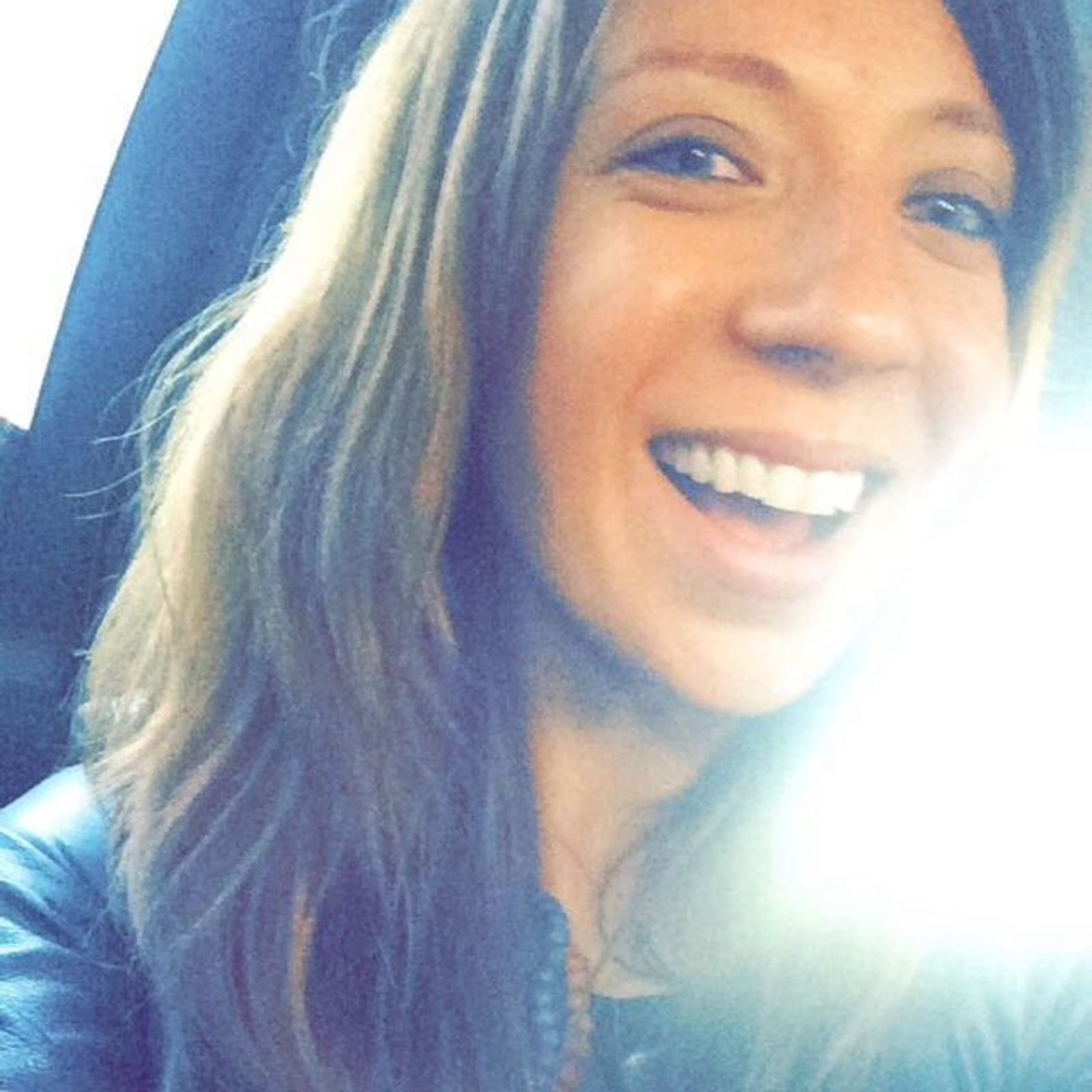Our country is our classroom
The seriousness of the situation facing First Nations people in Australia requires complete innovation, rethinking and revolution.
It is time to create a First Nations-led learning system that is part of the national education system - if this doesn't happen, young First Nations people will continue to suffer.
Felicity Hayes & Veronica Turner are co-directors at Children’s Ground - a First Nations-led non-profit organisation that Virgin Unite is proud to support.
Felicity and Veronica share below why learning systems need to be re-imagined to ensure First Nations languages don’t disappear, culture isn't weakened, and children aren’t lost.
Children’s Ground is our mechanism for change. We designed the ‘Children’s Ground Approach’ to create transformational change in community, by centring our culture, practices, solutions, and governance, with learning and well-being at the heart of our approach.
At Children’s Ground we focus on prevention, early intervention, and empowerment – rather than crisis and deficit. Our children, families, and communities are the experts. Our voice and talent will create change.
To understand our systems of learning is to understand that Australia is a nation of many First Nations. Each Nation and language group has its own word(s) and structures that encompasses the worldview of First Nations law, knowledge, and epistemology.
Under the guidance of Arrernte Elder Dr M.K. Turner OAM and other leading cultural professors, Children’s Ground has established a curriculum for Learning and Wellbeing, centred in Apmerengentyele (from the land), with and for our ampes (children).
We are writing, teaching, and sharing a very deep and rich way of learning. First Nations ways of teaching and learning are privileged, but they can co-exist with English and Western frameworks. We center First Nations culture and practice and ensure that our children also have the Western systems of knowledge critical to their future wellbeing.
Our languages, our cultures and our communities must be at the forefront of First Nations education, while at the same time equipping our children with global skills for economic freedom in the future. Today our First Nations children are born without rights to an education like this, that centres our culture, secures their identity, first language(s), and safety. This is a systemic failure that sets children up with a lifetime of risk.
Our languages, our cultures and our communities must be at the forefront of First Nations education, while at the same time equipping our children with global skills for economic freedom in the future.
Western schools are not culturally appropriate or a safe place for our children. Teachers rarely have cultural training. They speak a foreign language (English) and assess students through Western standards and methods that set our children up to fail. Our children are defined by their ‘problems’ not their strengths. They face a deficit and remedial approach in Western education settings. They find it hard. International research shows that First Nations students struggle when forced to learn in languages and through cultures that are not their own, contributing to generational cycles of marginalisation and discrimination.
With the input of Elders, senior leaders and educators from Children’s Ground, more than 60 First Nations educators from Utyerre Apanpe (First Nations Educators Network) and the frameworks developed through 65,000 years of continuous education, we have developed the M.K. Turner Report. The report is a response to the biases in Australia’s education system, a roadmap towards a First Nations education, and an opportunity for the Australian Government to make systemic change and work collaboratively with First Nations people.
On 28 February we delivered this report to parliamentarians at Parliament House in Canberra. Our delegation of Elders and senior leaders, including Dr M.K. Turner's four daughters, spoke with passion and strength, inviting the Australian government to hear our voices and walk with us to improve education outcomes for our children.
We left Canberra feeling hopeful for the future of our children and proud to have shared our mother's vision - and the vision of so many Elders before us.
Dr M.K. Turner OAM was an Arrernte Elder, cultural professor, translator, linguist, artist, author and human rights champion. She was a visionary, passionate in ensuring First Language and First Cultural education was revitalised and re-established as a right for future generations. Named in her honour, Dr M.K. Turner passed away two weeks before the launch of the report to First Nations educators in 2023.
As we move forward, we are spirited by the governments reception to our report and will stay resilient in our efforts to give our children the education, and future, that they are entitled to.
As we continue campaigning for education reform, we ask that the public support our call for the establishment of a First Nations education system. Please pledge your support by signing our petition – giving First Nations communities the autonomy to deliver ‘our education, our way’.




